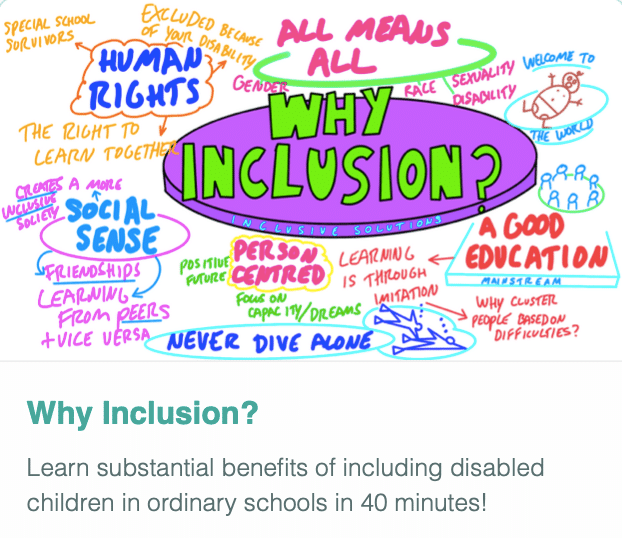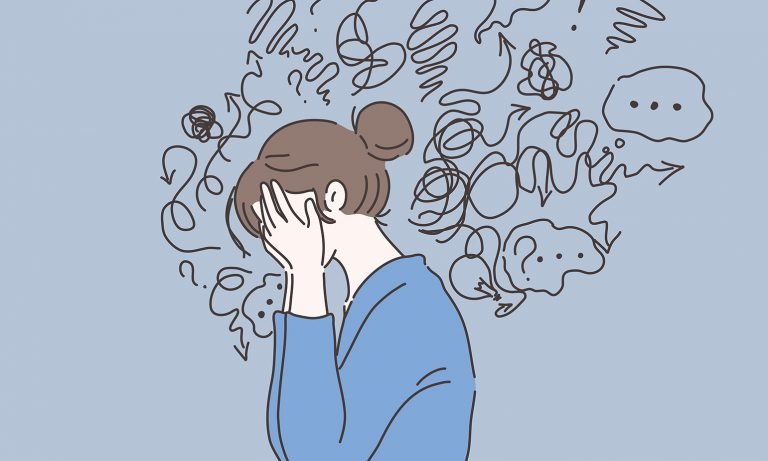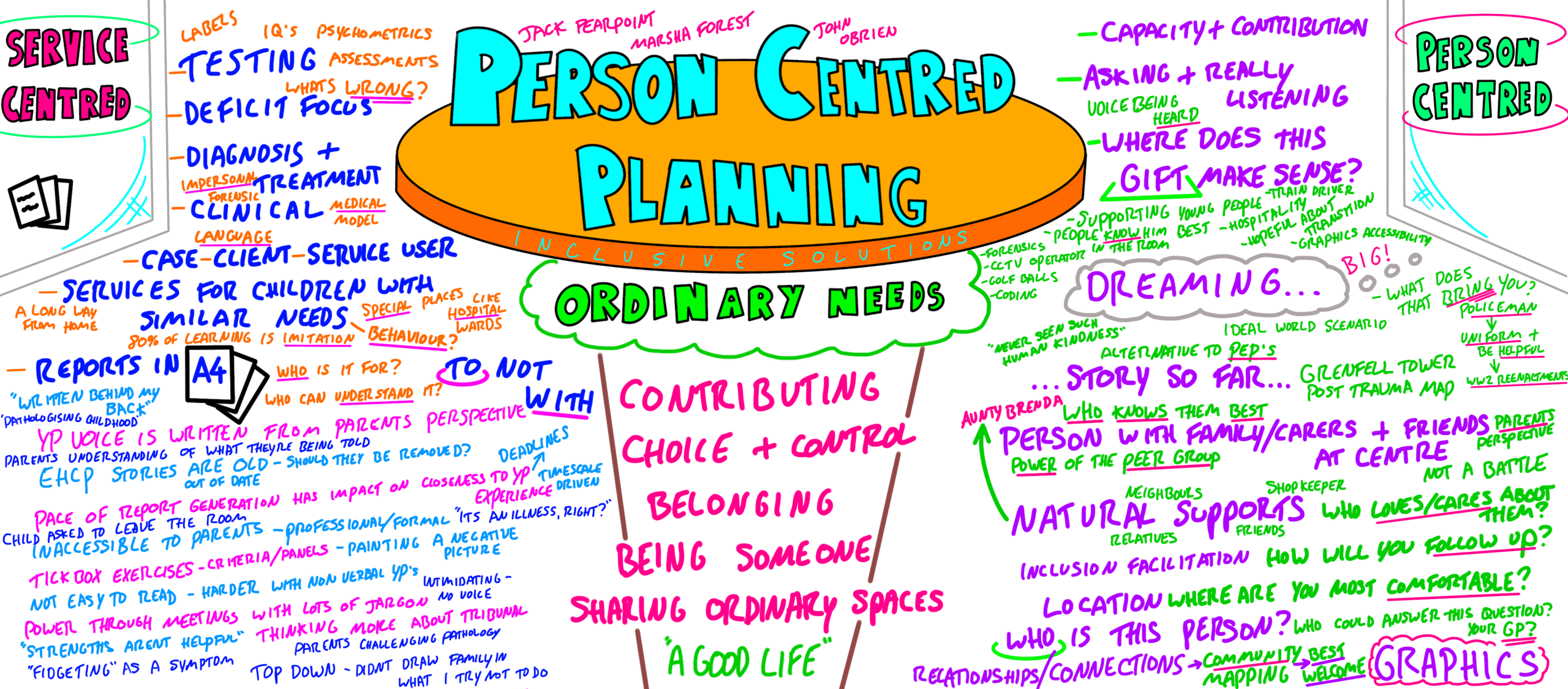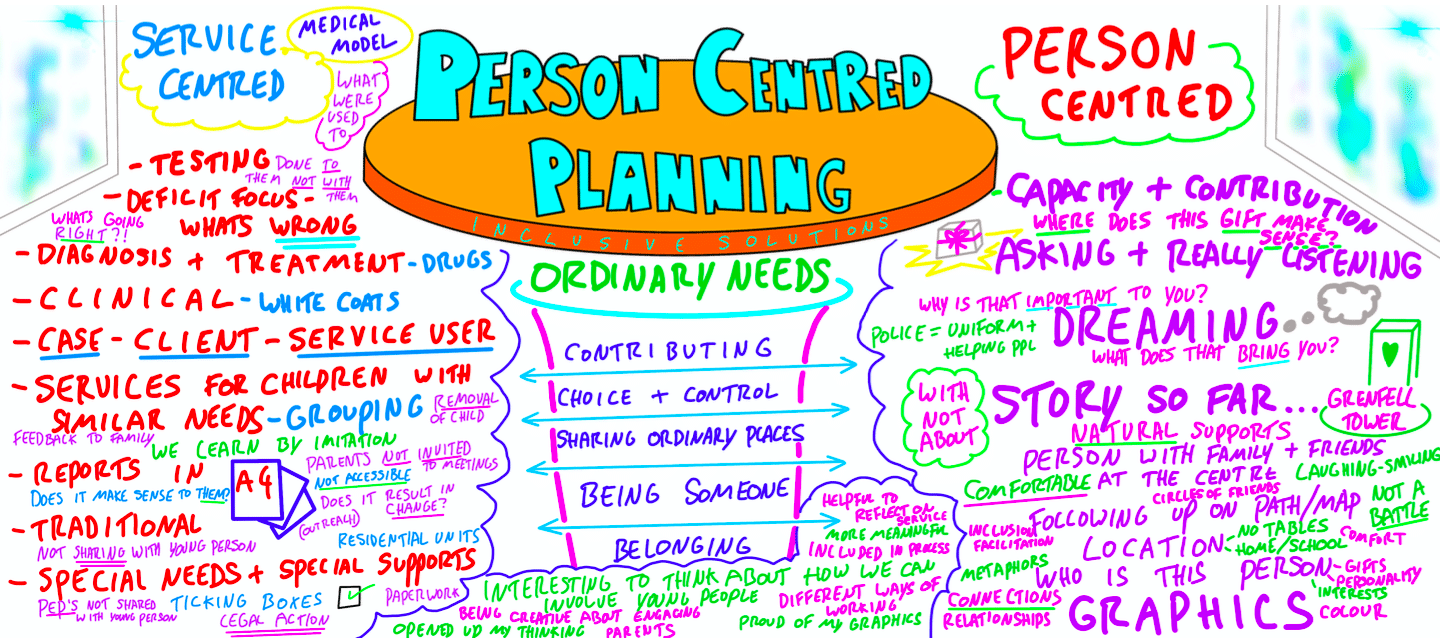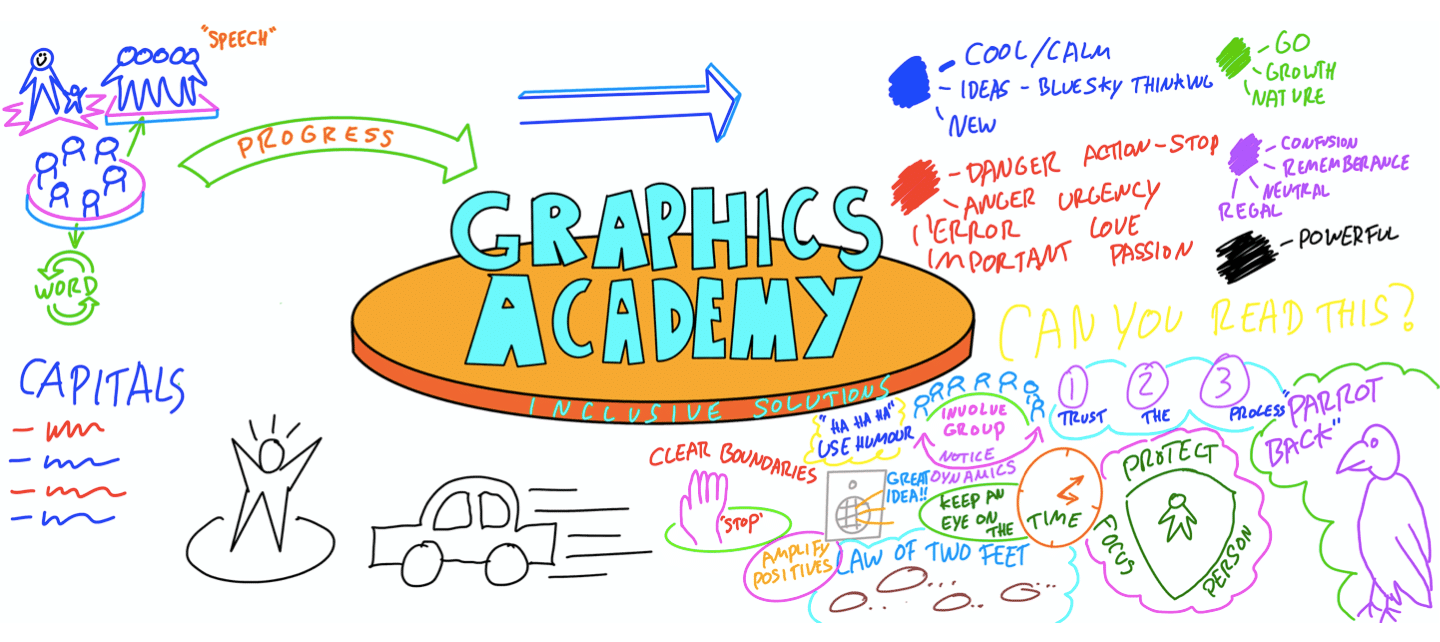5 Best Books of Autism Art
Art can contribute to so many aspects of development. In the case of Autism, playful and projective activities are directly associated with positive dynamics of subjective development in these children and young people. It is important that the professional is trained to work with children who have this type of condition, to provide the best direction of care. Art can be a valuable tool for interventions with autistic children, because it is a fundamental element to develop activities that constitute a stimulus for their social interaction and development of communication. This article gives you 5 books that explain the benefits of art in autistic people.


